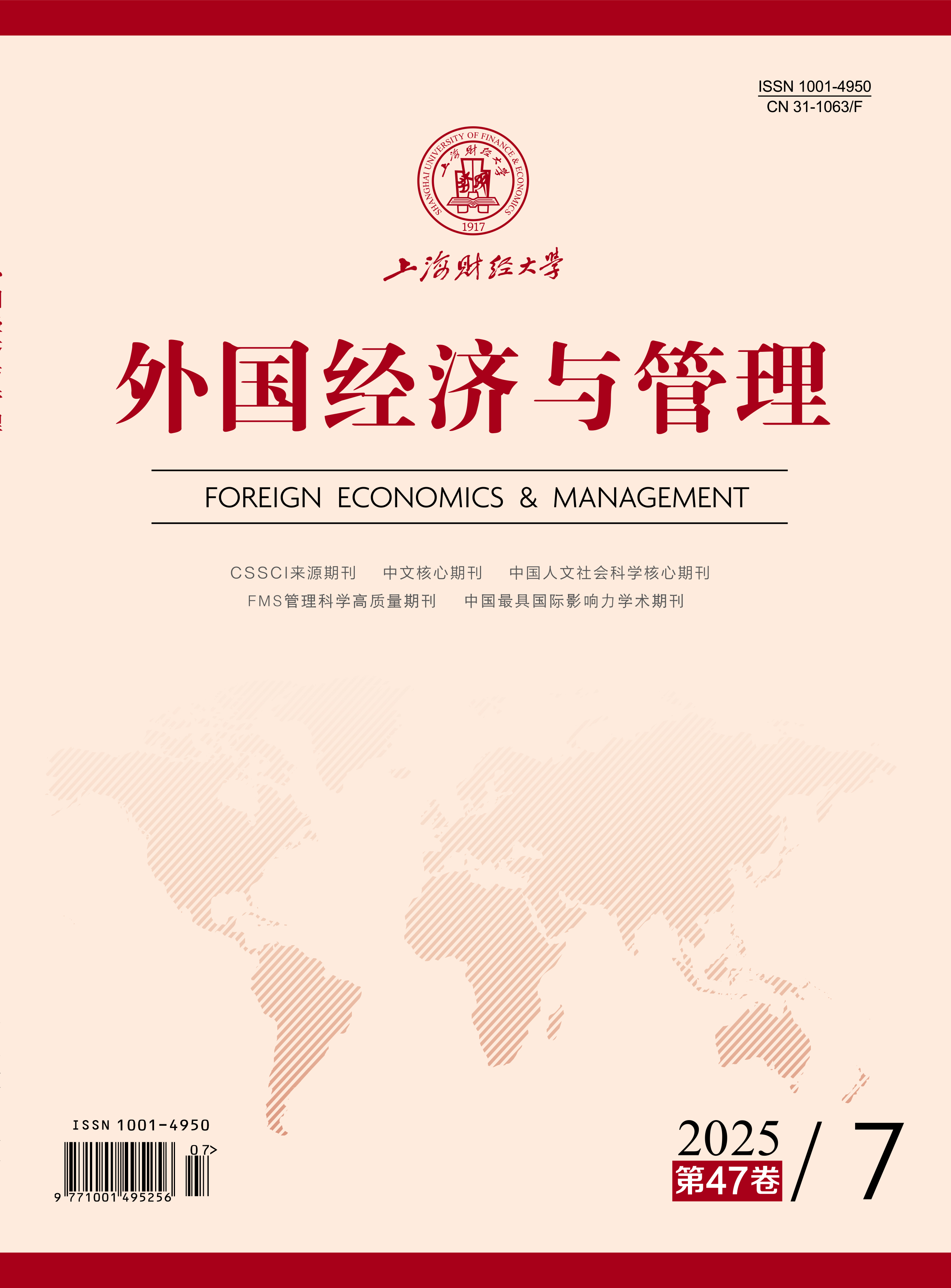As an important part of corporate governance mechanism, the board secretary bears the important responsibility of corporate information disclosure and communication, which directly affects the way and content of market investors’ information acquisition, and is significant to reduce the cost of investors’ information acquisition and stabilize their investment confidence. Based on the identity and background of the board secretary, there have been studies to investigate the information supervision function and transmission efficiency of the board secretary. However, the basic fact of low shareholding ratio of the board secretary in China has not been taken into account, which meets the “convergence of interests hypothesis”. The independence of board secretary will be affected by major shareholders and managers, and whether it can effectively enhance the value relevance of earnings information has become an important research issue.
With the use of listed firms from 2010 to 2018 in China as samples, this paper explores whether the board secretary’s shareholding affects corporate earnings relevance. Firstly, the board secretary’s shareholding improves corporate earnings relevance, yet there is a motivation to seek advantages and avoid disadvantages. This result is more obvious in state-owned enterprises, samples with high degree of equity balance, and when enterprises get more positive media attention and reports. Secondly, the mechanism test results show that the board secretary’s shareholding suppresses the tunneling behavior of major shareholders, and transfers good management expectations to market investors by enhancing the positive tone in financial reports, so as to stimulate the enthusiasm of market investors. However, as one of the managers, the holding board secretary cannot effectively restrain the management’s motivation of earnings management, which cannot significantly improve the quality of accounting information. Finally, compared with shareholding, monetary compensation and reputation incentive constitute an alternative relationship in encouraging the board secretary to effectively perform their duties.
The contributions of this paper are as follows: Firstly, in order to avoid the diminishing utility caused by the single incentive mode, enterprises should make good use of different types of incentive combinations, fully stimulate the board secretary to effectively perform their duties, reduce the cost of information acquisition and interpretation of external investors, and improve the timeliness and effectiveness of the capital market in reflecting the information released by enterprises. Secondly, we should establish the reputation mechanism of the board secretary, give full play to the restraint function of the reputation mechanism of the board secretary, prevent the profit-seeking and harm-avoiding behavior of the board secretary because of the interest linkage, and also restrict the selective information disclosure behavior of them.





 9606
9606  3902
3902

